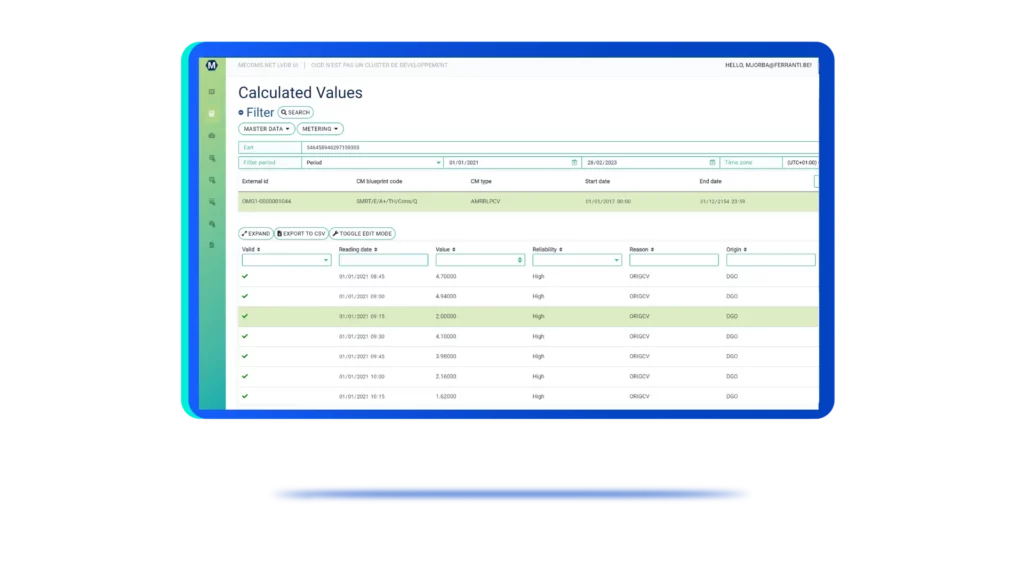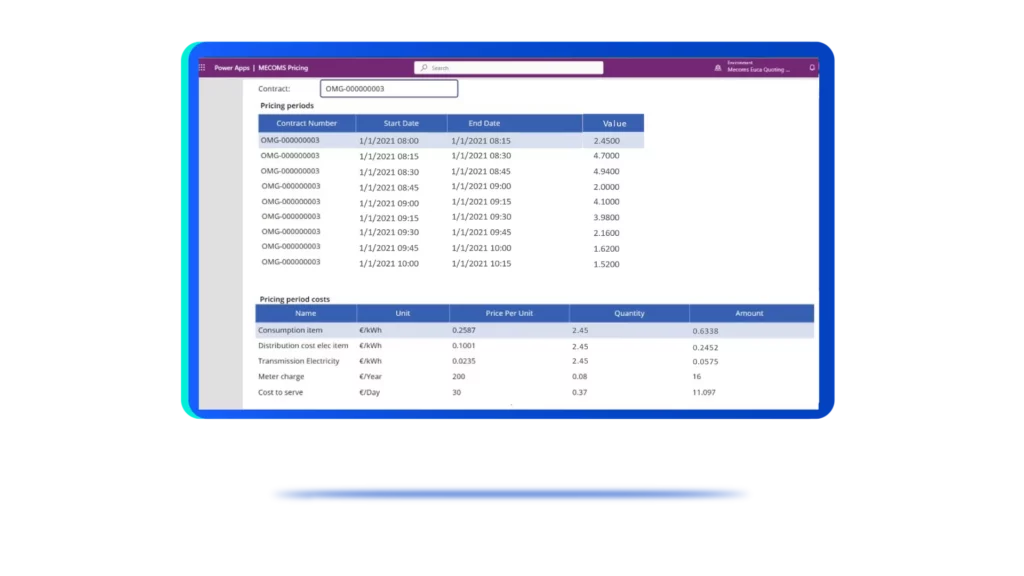Dynamic contracts, the pricing model for a sustainable energy future.
Recently, the Flemish parliament approved a law regarding dynamic contracts in the electricity market. This means that Belgium is one step closer to sustainability in energy usage.
Dynamic pricing for energy is becoming more common around the world, with many countries adopting this pricing model in order to improve efficiency, reduce costs, and promote sustainability. Early adopters like the US, UK, Australia, Sweden, … are therefore paving the way and can be useful examples for all those yet to follow.
Dynamic contracts in the energy and utilities industry refer to agreements that allow for the pricing of energy or utilities to fluctuate in response to market conditions. These contracts are designed to provide a more flexible and responsive pricing mechanism, as compared to traditional fixed-price contracts or variable contracts that have a monthly price, which offer the same price for energy or utilities regardless of market conditions.
1.Flexibility in pricing: Dynamic contracts can allow energy suppliers to adjust their pricing based on changes in demand or supply. This can help suppliers to remain competitive in the market and manage risks associated with price volatility.
2. Increased responsiveness: With dynamic contracts, energy suppliers can be more responsive to their customers’ needs by quickly adjusting delivery schedules, volumes, or energy sources to meet changing demand patterns.
3. Improved forecasting: Energy suppliers can use data from dynamic contracts to improve their forecasting and planning processes. By analysing usage patterns and trends, suppliers can anticipate demand and adjust their supply accordingly, reducing the likelihood of oversupply or undersupply.
4. Enhanced customer relationships: Dynamic contracts can help energy suppliers build stronger relationships with their customers by providing them with greater control over their energy usage and costs. Customers may also appreciate the flexibility and transparency offered by dynamic contracts, leading to improved satisfaction and loyalty.
5. Competitive advantage: Energy suppliers that offer dynamic contracts may have a competitive advantage over those that offer only traditional fixed-price contracts. This is particularly true in markets where energy prices are volatile or customers are looking for more control over their energy costs.
6. Enables new business models: Dynamic pricing can enable new business models for energy suppliers, such as demand response programs, which allow suppliers to pay customers for reducing their energy usage during times of high demand
For consumers, dynamic contracts can offer end users the possibility to adjust their consumption pattern based on sudden spikes in energy prices. This is especially important for businesses, which may be vulnerable to the impact of unexpected increases in energy costs. By entering into a dynamic contract, businesses are offered the possibility to reap the benefits of the price volatility (in combination with smart systems) by adjusting their consumption pattern.
In short, dynamic contracts provide greater choice and control for consumers: Dynamic pricing allows consumers to choose when and how they use energy based on their individual needs and preferences. This can give consumers greater control over their energy bills and help them to save money.
There are different types of dynamic contract. The most known ones are these 2 models:
Both types of dynamic contracts can easily be handled in the MECOMS 365 solution.
Once the customer has signed on the type of contract, and it entered the MECOMS 365 system, our pricing engine will do all necessary calculations based on the different data granularity requested. The MECOMS Smart Volume Stream (SVS) gathers all the information from the smart meters to a level up to 15 minutes values which will afterwards be aggregated into hourly, daily or monthly consumptions.

Depending on the contracted market prices, the MECOMS 365 Pricing engine will make use of this smart data already existing in our system to do all the pricing breakdowns calculations based on the data coming from the market and the energy trading prices. As you can see in the example below, many levels of data granularity can be extracted from these complex calculations that happen in the background. Depending on business needs and the level of insights needed for customer to understand their prices, different types of data exposure details can be configured.

However, at the end of the day, the most important outcome, meaning the monthly prices to be invoiced to the customer, will be sent to the billing system for a summary invoice being this the MECOMS 365 CIS solution or an integration with a third party application.

Mar Jorba
Talk the talk
Stay informed about current events and stay on top of the latest trends for energy suppliers, grid operators, heat-and-water providers.